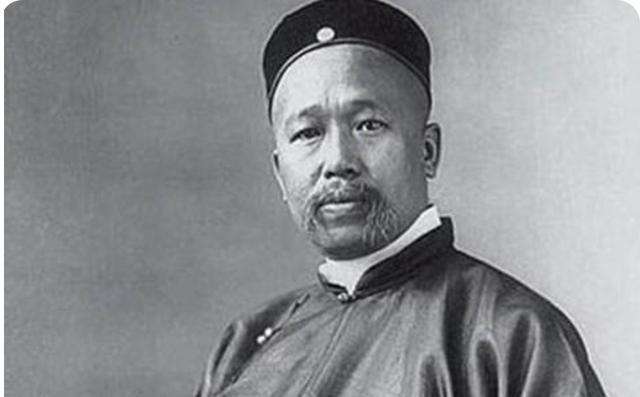Kang Youwei Reformer tries to change China
3 min readKang Youwei was a famous scholar,thinker and reformist in the late Qing Dynasty(1644-1911).He was also an ardent advocate of a constitutional monarchy in China.He initiated the fated-to-fail”Hundred Days’Reform,”a campaign de-signed to modernize China by introducing radical changes to the country’s social and political system.
However,as a child of a bureaucrat-landlord family in Guangdong Province, he received a traditional education in Confucian classics. His first teacher was his grandfather Kang Zanxiu, who taught him all that he needed to prepare for im-perial civil examinations.
But, the young Kang wasn’t that interested in such exam-inations. Instead, he was keen on studying the Neo-Confucian-ism of the Song (960-1279) and Ming (1368-1644) dynasties.
Neo-Confucianism was a bid to drive out the Taoist and Bud-dhist superstitious influences on Confucianism.
In 1879, when Kang made a short trip to Hong Kong, he came into contact with Western learning for the first time and became interested. Three years later, he came to Shanghai and began to systematically study Western ideas and constitutions.
Gradually, Kang was convinced that the only way to modern-ize China was to copy Western systems.
Kang then abandoned traditional Chinese perceptions and began to propagate these Western ideas.
After a series of humiliating defeats in wars with Western powers and Japan, China had sunk deeper into semi-colo-nialism and was on the verge of “national doom and racial extinction.”Kang believed that urgent measures needed to be taken to save China from subjugation.

In 1888, when he was in Beijing, the capital of the Qing Dynasty(1644-1911), to sit for a civil examination, he wrote a 6,000-word statement to Emperor Guangxu to call for drastic reforms, but the emperor never received the statement.
A few years later, when China was about to sign the un-equal Treaty of Shimonoseki after it was defeated in the first Sino-Japanese war, Kang mobilized more than 1,300 juren or “recommended man,”namely, graduates of imperial civil examinations administered at the provincial level, to jointly present a statement to the emperor to urge him to scrap the treaty, move the capital and launch reforms.
Meanwhile, Kang finally passed the imperial palace exa-mination and obtained the title of jinshi or”presented scholar.”
He was then appointed a chief officer on the Board of Works.
In the following years, Kang wrote more statements to the emperor calling for reforms.
Eventually, the emperor received Kang’s memorials to the throne, but it was not until he received Kang’s sixth reform statement that the emperor decided to talk with Kang face to face.
Kang’s vehement exposition convinced the emperor and in the following 103 days, the emperor issued more than 100 decrees to order drastic reforms in various departments of the Qing government, known to historians as the “Hundred Days’ Reform.”
The hastily launched reform campaign, however, was soon thwarted by the conservatives in the imperial court led by Empress Dowager Cixi after she put the emperor into prison and ordered the execution of Kang and other reformists. With the help of some Britons, Kang fled to Hong Kong.
Even after the Qing Dynasty was overthrown in 1911, Kang continued to campaign for a constitutional monarchy. He was even involved in a failed coup to topple the newly estab-lished republic.
Kang died in Qingdao in 1927.








